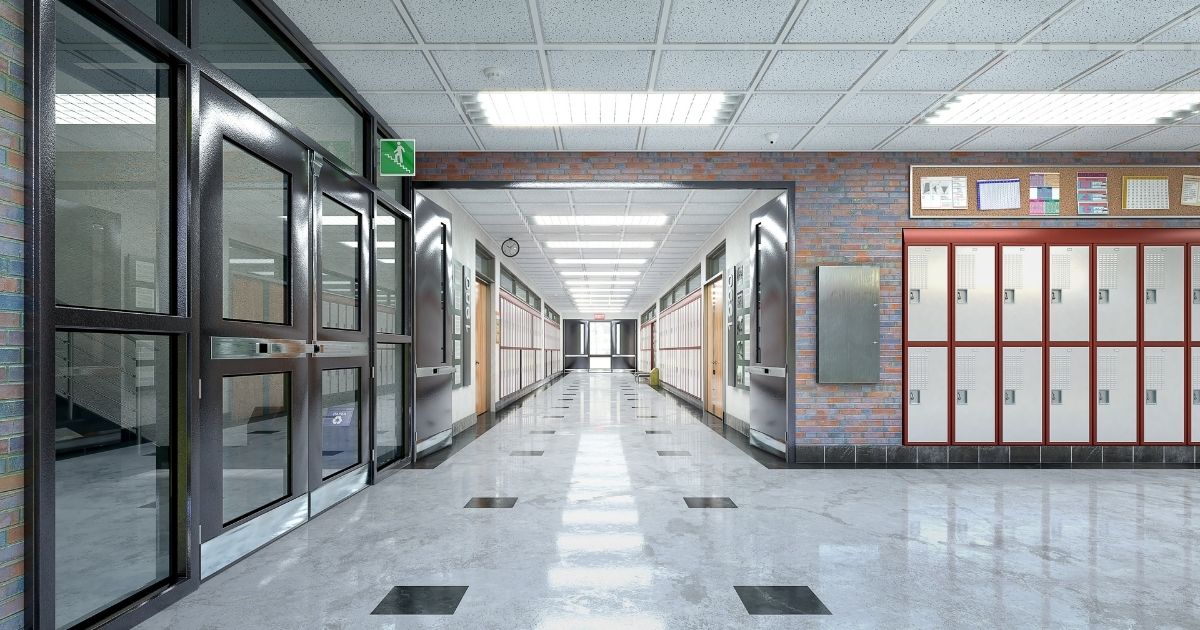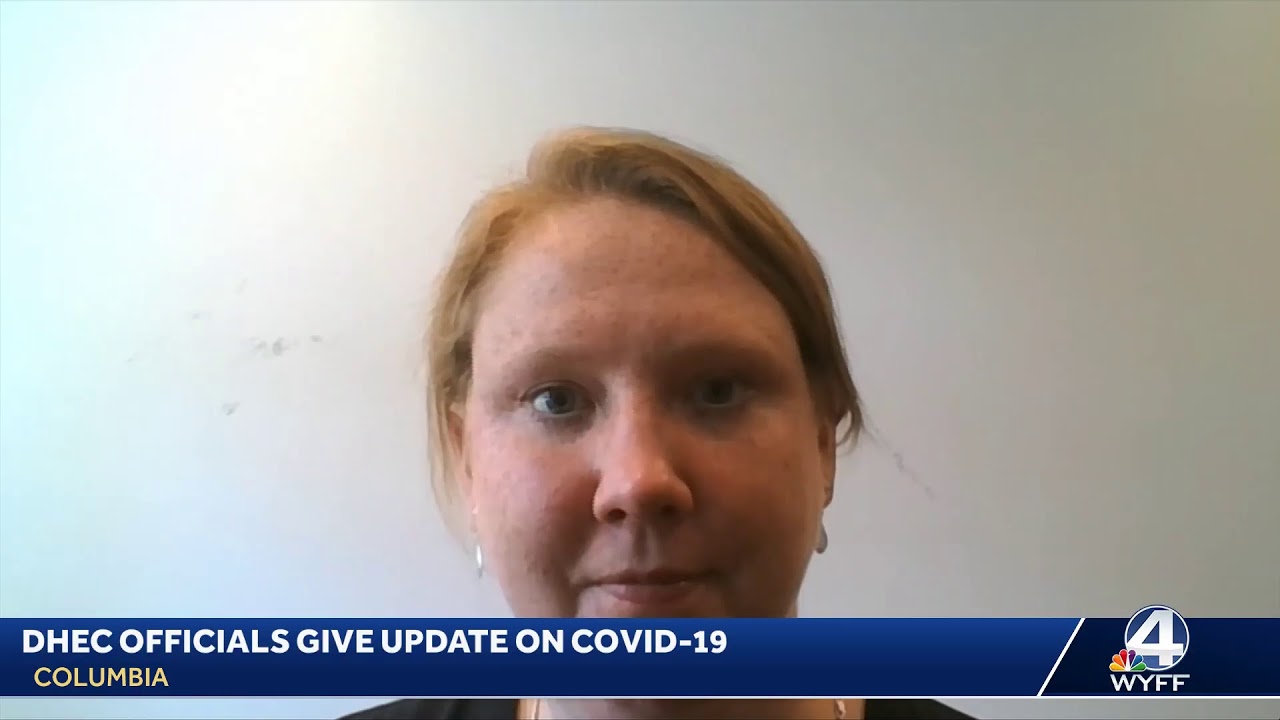ATLANTA (AP) — Georgia Gov. Brian Kemp used emergency powers Monday to order public schools and colleges closed from Wednesday until at least March 31, after lawmakers ratified his weekend emergency declaration to fight the new coronavirus.
“This measure is critical to reducing local transmission in communities across our state,” the Republican Kemp said in a statement Monday evening, adding he was trying to prevent further cases of the COVID-19 respiratory illness.
Public schools serving more than 1.7 million of Georgia’s 1.8 million students had already closed, although some mostly in rural areas had remained open. Most schools say they hope to continue delivering lessons online.
Minutes after his order, the state university system announced that its 26 public colleges and universities would shift all classes online for the remainder of the spring semester, “with extremely limited exceptions.” The system had announced a two-week pause in classes on Thursday. Students can’t return to campus without their college’s permission, the University System of Georgia said, and dorms will be closed except for students unable to return home.
Kemp was flexing his newfound powers as the number of cases continues to rise, with the Georgia Public Health Department reporting 121 cases at noon Monday, up from 99 on Sunday. The governor also called on assisted living communities and nursing homes to restrict all visitors and avoid holding group activities including communal dining, although he didn’t mandate it.
For most people, the virus causes only mild or moderate symptoms, such as fever and cough. For some, especially older adults and people with existing health problems, it can cause more severe illness, including pneumonia. The vast majority of people recover.
Also Monday, State Superintendent Richard Woods suspended standardized testing for Georgia’s public school students and penalties for schools that miss days. Atlanta Mayor Keisha Lance Bottoms banned public gatherings of more than 50 people in the city, down from the original 250 limit she imposed Sunday. The Athens-Clarke County government debated a curfew from 7 p.m. to 5 a.m. daily.
Members of the General Assembly convened a special session Monday, as required by Kemp’s declaration on Saturday of a public health emergency. Lawmakers wrangled for hours over whether they should have to vote again if Kemp wants to extend the powers past April 13 before compromising..
The legislative debate came as one state House member self-quarantined and did not attend after being exposed to someone with the virus. Kaleb McMichen, a spokesman for House Speaker David Ralston, did not identify the member. Some lawmakers were checked for fever by a nurse before the session started.
The strong emergency powers given Kemp under the law including the ability to suspend laws and regulations, commandeer private property, take over hospitals, offer temporary housing and welfare payments, and take money directly from the state treasury without legislative authorization.
Kemp has already used the authority he signed Saturday to call as many as 2,000 members of the Georgia National Guard to active service. He also said he will suspend rules to allow health care workers to quickly gain licenses in Georgia.
Senate members proposed allowing Kemp to renew the state of emergency by himself, while House members argued lawmakers are required to vote again. After an hourslong standoff, the House and Senate struck any reference to an expiration date. But they agreed to file papers with the signatures of the required two-thirds of each chamber calling for an April special session, when lawmakers could vote again on Kemp’s powers.
“If for some unforeseen reason the House is unable to return, the governor will have the ability to keep in place the state of emergency,” said House Majority Leader Jon Burns, a Newington Republican.
The suspension of standardized testing means the tests won’t count for 20% of grades for high school students who take end-of-course exams. It also means the state won’t be able to issue grades for schools and school districts. Woods said he would ask the state Board of Education to ratify his actions at its next meeting. He said he would seek maximum flexibility from the U.S. Department of Education.
Atlanta-based Chick-fil-A said it would close its dining rooms while keeping drive-thru windows open, while the Atlanta suburb of Brookhaven suspended in-person dining and drinking in restaurants and bars. Fort Benning canceled all graduations.
As Georgia’s oldest city prepared to go without its hugely popular St. Patrick’s Day parade for the first time in 99 years, the Roman Catholic Diocese of Savannah canceled its annual St. Patrick’s Mass at the Cathedral of St. John the Baptist.
Both the Mass and parade had been scheduled Tuesday before virus worries had intensified. Savannah Mayor Van Johnson announced last week that the St. Patrick’s Day parade had been called off.
———
This story has been corrected to show the State Board of Education’s next meeting has not been scheduled, instead of saying the board would meet March 27. The spelling of Kaleb McMichen’s last name also has been corrected.
———
Follow AP coverage of the virus outbreak at https://apnews.com/VirusOutbreak and https://apnews.com/UnderstandingtheOutbreak.
———
The Associated Press receives support for health and science coverage from the Howard Hughes Medical Institute’s Department of Science Education. The AP is solely responsible for all content.










